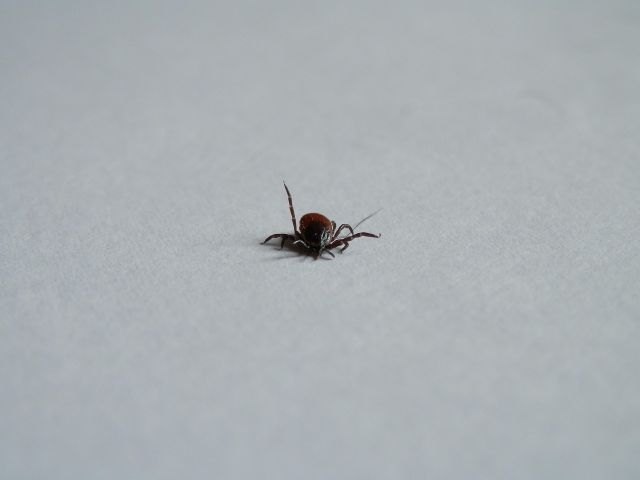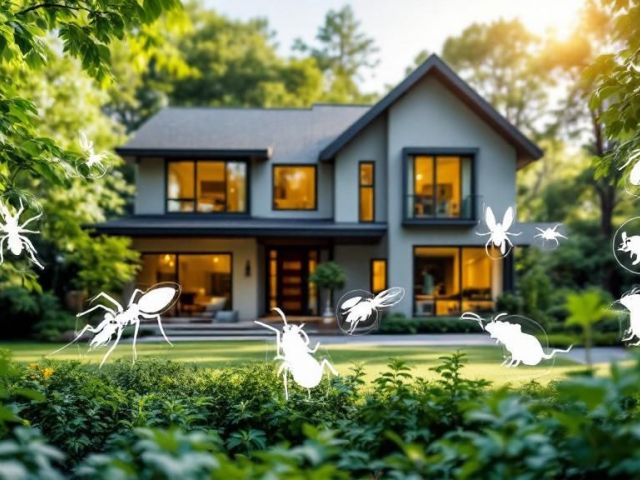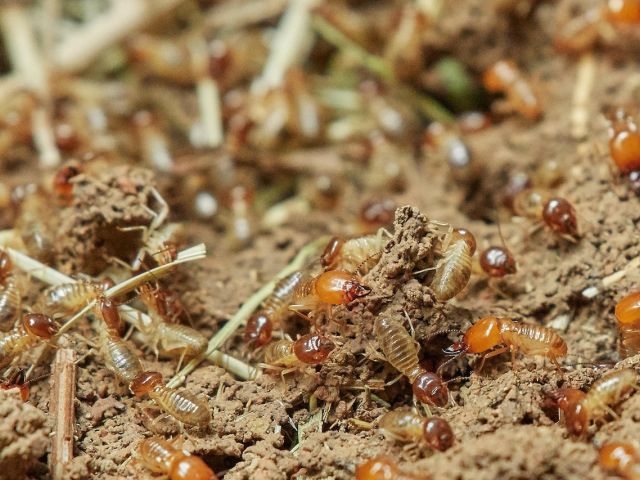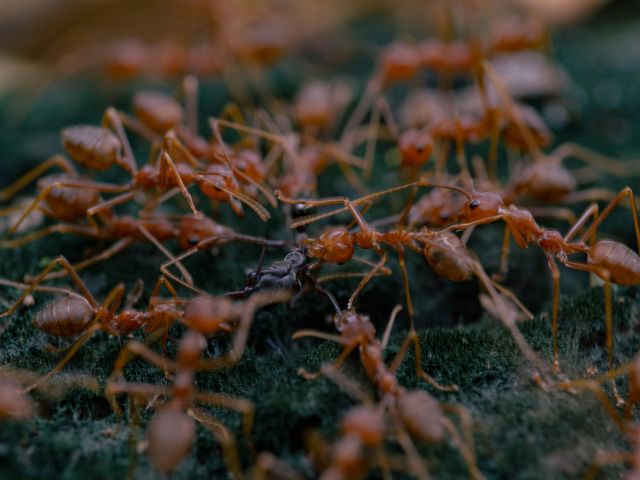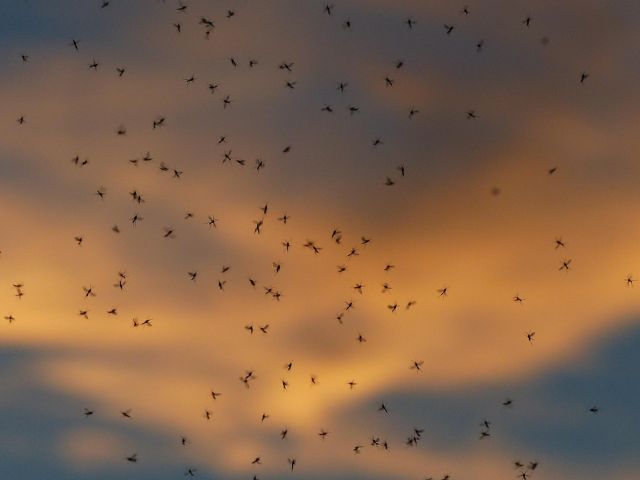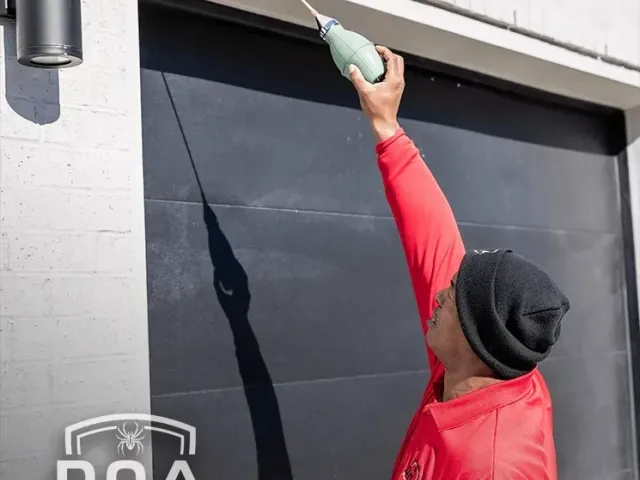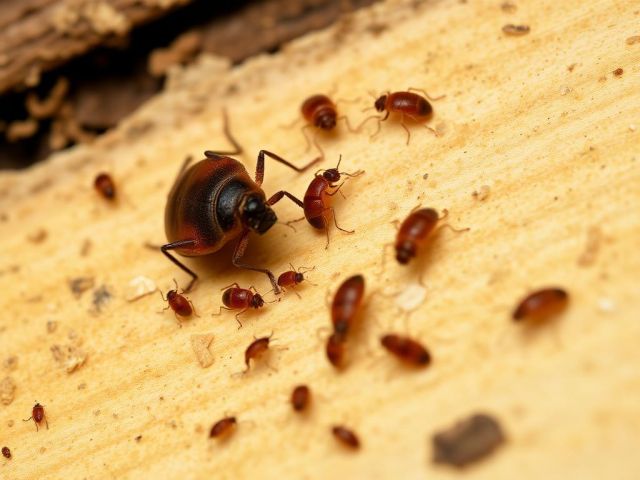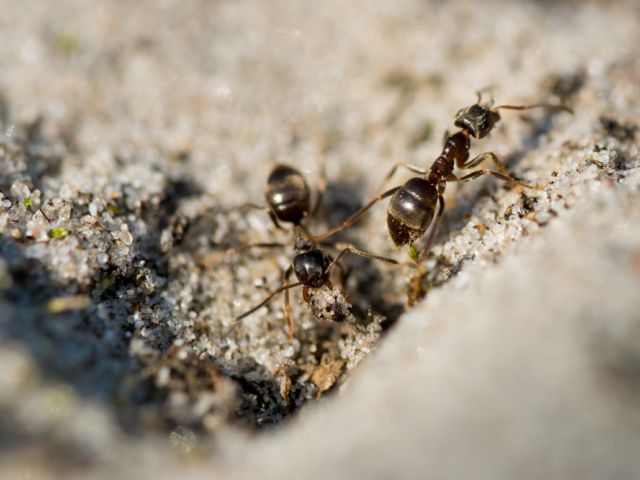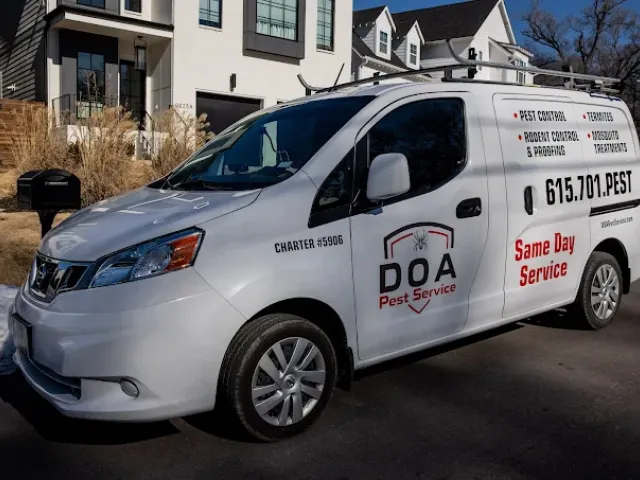Effective Strategies for Pest Management in Tennessee Properties
Tennessee’s diverse climate and landscapes present unique challenges for effective pest management in properties. To ensure your rental properties remain comfortable and habitable, consider integrating a combination of preventative and responsive pest control measures. Begin with regular inspections to identify potential entry points and nesting areas for common pests found in Tennessee. Utilize pest management services that offer tailored solutions for your specific region, considering factors such as local pest behavior and seasonal changes. These services are crucial in managing issues specific to pest control Tennessee environments face, such as termites, mosquitoes, and rodents. Effective pest control for rental properties also involves educating tenants on maintaining pest-free environments, such as proper waste disposal and sealing food storage. Regularly scheduled maintenance and professional interventions can significantly reduce the likelihood of infestations, ensuring long-term preservation and satisfaction within your properties.

Understanding the Pest Landscape in Tennessee
Tennessee’s varied geography, from the Appalachian Mountains to the Mississippi River, creates a dynamic pest landscape. The state’s climate, with hot summers and mild winters, provides an ideal breeding ground for various pests. As a property manager, understanding this diversity is crucial for maintaining a pest-free environment. Common nuisances include termites, mosquitoes, and rodents, each requiring tailored approaches to control effectively.
Termites thrive in Tennessee’s humid climate, posing significant threats to property integrity. These wood-destroying insects can cause extensive damage before they are even detected. Regular inspections and employing pest management services that specialize in termite control are vital preventative measures. Without proactive strategies, the cost of repairs can be exorbitant, especially for rental properties that must adhere to safety regulations.
Mosquitoes are another prevalent issue, particularly during the warmer months. They not only disrupt outdoor activities but also pose health risks due to diseases they carry. To manage mosquito populations, it is essential to eliminate standing water and invest in pest control Tennessee experts who can implement advanced techniques and treatments. A robust mosquito management plan can considerably enhance tenant satisfaction and property reputation.
One unpopular opinion about pest control is that some property managers underestimate the value of tenant cooperation in maintaining a pest-free environment. Educating tenants about simple practices, such as sealing food containers and promptly reporting any pest sightings, can significantly aid in early detection and prevention. A collaborative approach between tenants and management often leads to more sustainable pest control solutions.
Rodent infestations can escalate quickly if not dealt with promptly. These pests not only cause structural harm but can also spread diseases. Property managers should work with pest control services to implement effective rodent management strategies, ensuring regular inspections and setting traps where necessary. Such vigilance will help in addressing rodent issues before they become more severe, providing a secure living environment for all occupants.

Preventive Measures for Property Managers
To effectively manage pests in Tennessee properties, property managers must implement comprehensive preventive measures. Regular maintenance is essential, as it reduces potential entry points for pests and maintains the property’s structural integrity. Routine inspections can help identify vulnerabilities, such as cracks in the foundation or gaps around windows and doors, which can be sealed to deter unwanted invaders like rodents and insects.
Proper waste management practices are equally crucial in pest prevention. Ensure that trash areas are well-maintained, with secure lids on bins to prevent attracting pests. Encourage tenants to dispose of waste properly and maintain clean living spaces. Educating tenants on these aspects can significantly contribute to effective pest control for rental properties.
Looking ahead, pest control in Tennessee is expected to evolve with the advancement of technology and environmentally friendly practices. Integrated Pest Management (IPM) is gaining traction, combining biological, physical, and chemical methods for sustainable pest control. By staying informed about these emerging techniques and embracing them, property managers can proactively protect their properties, ensuring a high standard of living for their tenants while adapting to future pest control needs.

Effective Treatment and Control Methods
In managing pests within Tennessee properties, it is important to utilize effective treatment and control methods tailored to local pest behaviors. One of the challenges in pest control Tennessee is dealing with elusive pests like termites and bed bugs, which often go unnoticed until they cause significant damage. This issue can be addressed through regular monitoring and deploying advanced detection technologies, such as thermal imaging, which can identify infestations at an early stage.
Integrated Pest Management (IPM) is recommended as a holistic approach to pest control for rental properties. By combining biological controls, habitat modification, and targeted pesticide application, IPM minimizes the environmental footprint while effectively managing pest populations. Working with professional pest management services ensures that these methods are applied correctly, providing long-term solutions without compromising the health and safety of tenants. Educating tenants about maintaining cleanliness and reporting pests promptly also plays a crucial role in this strategy.

The Role of Technology in Pest Control
The integration of technology plays a transformative role in enhancing pest control strategies for Tennessee properties. Advanced tools such as digital monitoring systems and smart traps allow property managers to track pest activities in real time. These innovations help identify patterns and hotspots, enabling a more targeted and efficient application of pest management services that caters specifically to each property’s needs.
While many believe that traditional methods remain the most reliable, there’s a strong case for embracing technology-driven solutions. These tools often provide more accurate data and faster results, allowing for proactive measures that can prevent infestations before they escalate. Enhanced analytics enables better decision-making, leading to improved outcomes in pest control Tennessee efforts.
Drones are another technological advancement impacting pest control. Equipped with cameras and sensors, drones offer aerial views of properties, providing insights into hard-to-reach areas. This bird’s-eye perspective is invaluable in large properties, making inspections quicker and more comprehensive. By utilizing such technology, property managers can ensure their pest control for rental properties is both effective and cutting-edge.

Hiring Professional Pest Control Services
How does hiring professional pest control services impact property management in Tennessee? Choosing the right experts can significantly affect the overall quality and reputation of your rental properties. Professional services provide comprehensive pest management solutions tailored specifically to Tennessee’s unique pest challenges, ensuring your properties are consistently protected from infestations.
When you engage professional pest control Tennessee services, you benefit from their extensive knowledge and experience. They are equipped with the latest techniques and tools, allowing them to address problems swiftly and efficiently. Their familiarity with local pest behavior means they can anticipate potential issues and offer proactive solutions, reducing the risk of costly damage and tenant dissatisfaction.
Licensed pest management services also provide peace of mind to property managers and tenants. Knowing that experts are handling pest issues reassures tenants that their living environment is safe, promoting a healthy residential relationship. This confidence can lead to higher tenant retention rates, as residents are more likely to remain in properties where pest concerns are promptly and effectively addressed.
Effective pest control for rental properties involves more than just addressing current infestations; it’s about implementing preventative strategies that minimize future risks. Professionals can conduct thorough inspections and establish tailored maintenance schedules, identifying and rectifying vulnerabilities before they become major problems. This proactive approach ensures long-term property value and functionality.
Transparency and communication are pivotal when working with pest control services. Establish clear expectations and maintain open lines of communication to ensure that both parties are aligned on goals and procedures. Regular updates and clear reports from your service provider create an effective partnership, crucial for maintaining a pest-free environment across all Tennessee properties you manage.

Legal and Environmental Considerations
Understanding legal and environmental considerations is crucial for managing pest control in Tennessee properties. One of the most frequently asked questions about pest management services is whether there are legal requirements specific to pest control for rental properties in Tennessee. All pest control services must comply with state regulations, including proper licensing for pesticide applications and adhering to safety and environmental guidelines.
Environmental considerations play a significant role in pest control strategies. Sustainable practices, such as Integrated Pest Management (IPM), are encouraged to minimize chemical usage and protect local ecosystems. Using eco-friendly products and techniques reduces the impact on non-target species and maintains ecological balance, ensuring that the pest control Tennessee solutions implemented are sustainable.
It is important to keep tenants informed about the pest control measures being taken on the property. Ensuring transparency can help address any concerns they might have about safety and environmental impact. By clearly communicating the methods and products used, as well as their compliance with regulations, you build trust and confidence among tenants, contributing to a harmonious residential environment.
